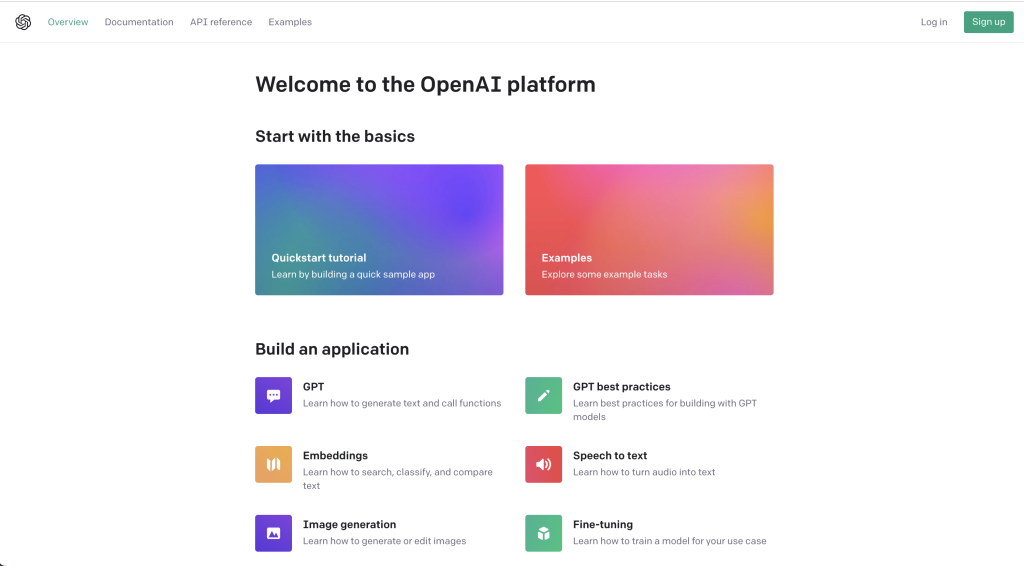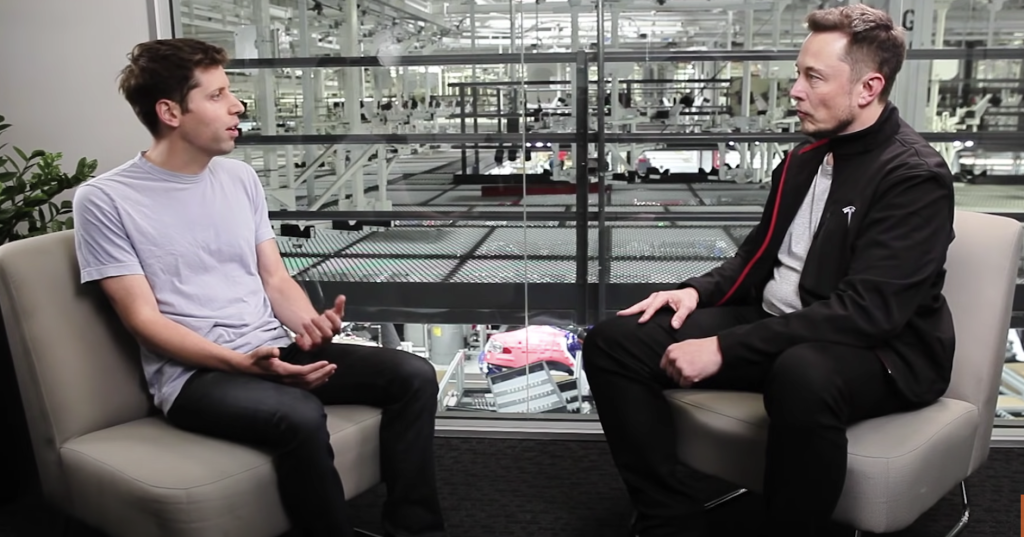OpenAI, the renowned AI company, is facing significant challenges as users migrate away from its GPT products. The ChatGPT website saw a decline in users, which was initially attributed to students being out of school, but it was also noted that users started building their own bots using the ChatGPT API instead of using the original offering.
In July, the user base of ChatGPT dropped further, and a major reason for this decline is believed to be API cannibalization. Many companies are prohibiting their employees from using ChatGPT but allowing them to use the API for different workflows.

OpenAI’s assumption that the decline in users is solely due to the API usage is not accurate. The rise of open-source language model (LLM) models like Meta’s Llama 2, in partnership with Microsoft, presents a strong alternative to OpenAI’s paid and restricted version. Llama 2 is easily modifiable and offers certain advantages over GPT. Startups are already migrating from proprietary models to Llama 2.
Financially, OpenAI is facing challenges. Despite CEO Sam Altman not owning equity in the company, OpenAI transitioned from a non-profit to a for-profit organization. However, it is not yet profitable, and losses have doubled since developing ChatGPT. Additionally, it is too early for OpenAI or any leading AI company to consider an initial public offering (IPO) according to a recent report.

Microsoft’s investment of $10 billion is currently supporting OpenAI, but the company aims to generate revenue of $200 million in 2023 and $1 billion in 2024. However, the financial numbers are unclear, and if OpenAI goes public, it may be acquired by larger companies given the market dynamics.
The cost of running OpenAI and ChatGPT is expensive, with ChatGPT alone costing $700,000 per day. While Elon Musk’s xAI project has emerged as a rival chatbot, OpenAI is also grappling with the GPU shortage, hindering their ability to train and improve models. OpenAI’s recent trademark filing for ‘GPT-5’ indicates their intention to train the model further but has resulted in a decline in output quality.
Without securing additional funding in the near future, OpenAI may encounter financial difficulties and face the possibility of bankruptcy by the end of 2024. This is because they rely on NVIDIA GPUs, which will only be available in the second quarter of that year for training their models. The company is also confronted by an increasingly competitive market, a declining user base, significant financial losses, ongoing legal challenges, and diminishing quality of their output. As a result, the future of OpenAI appears uncertain.

